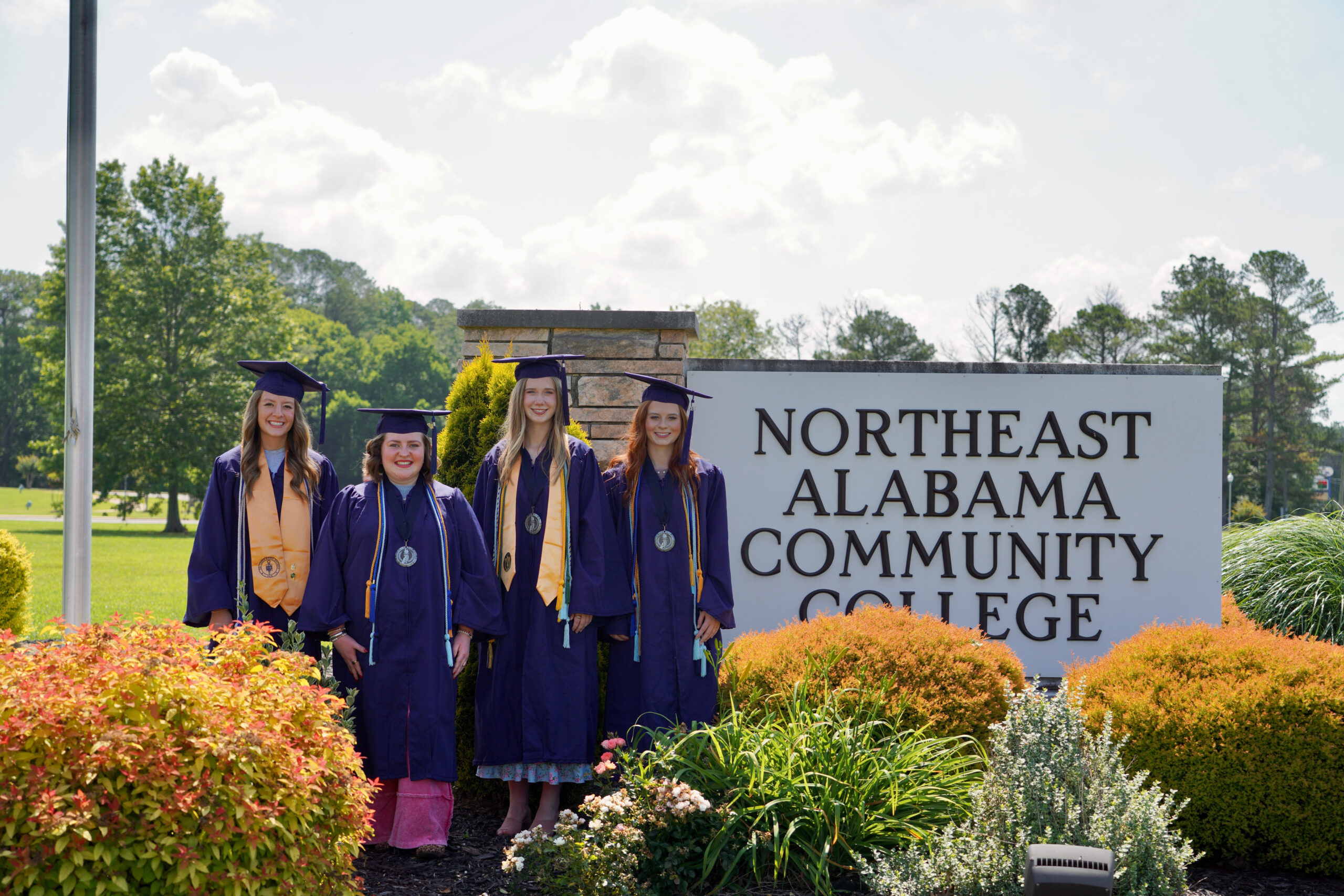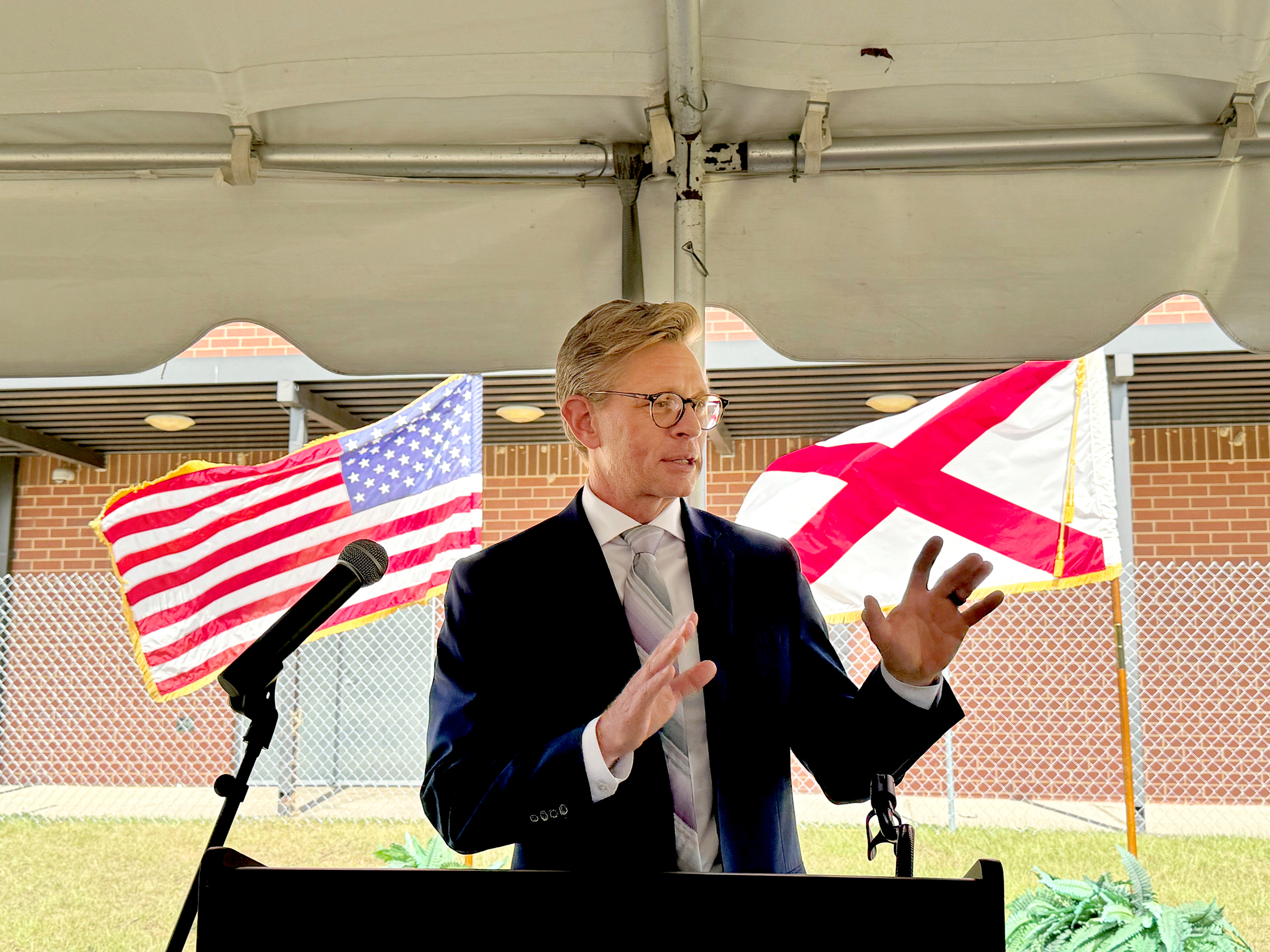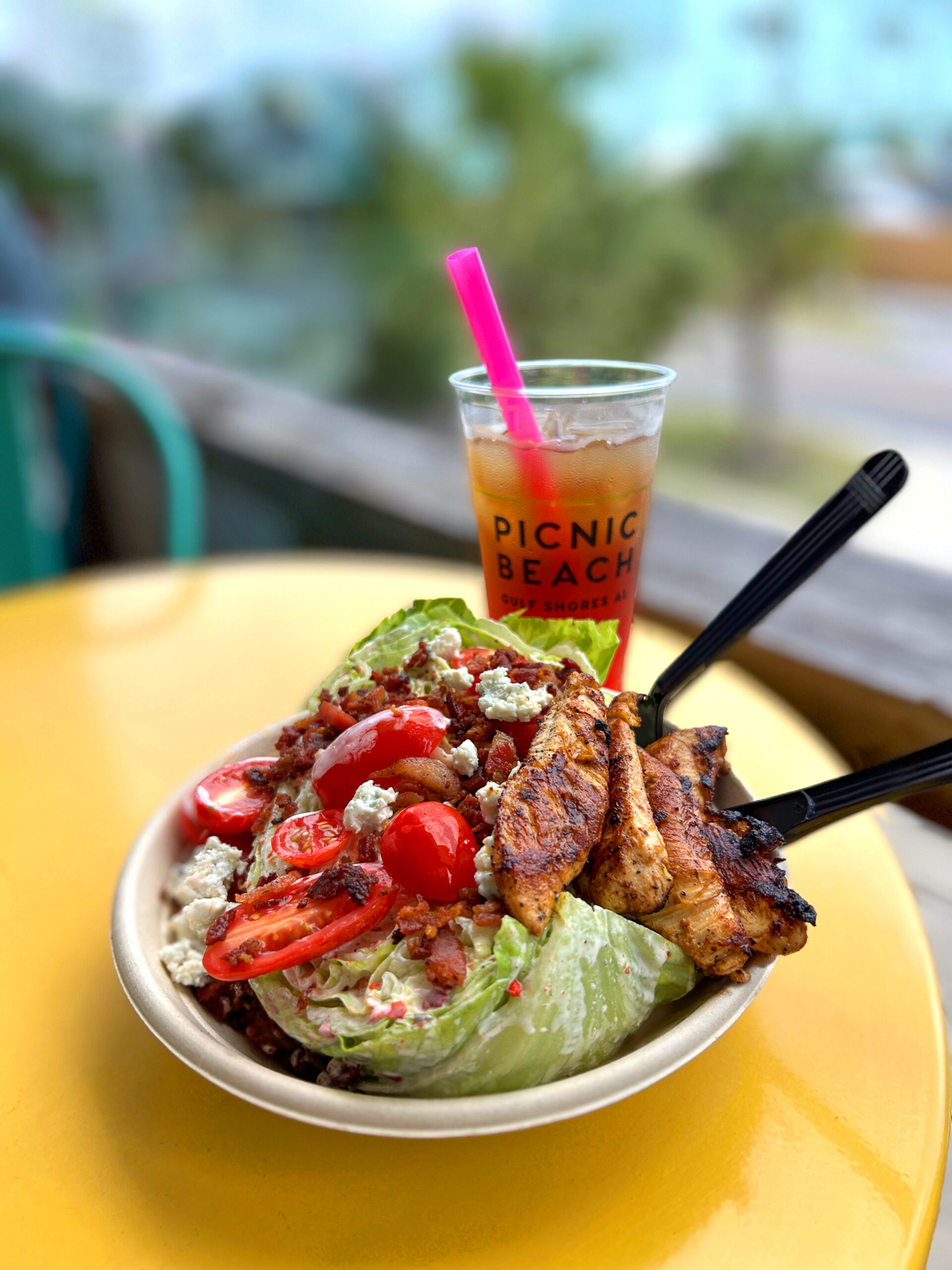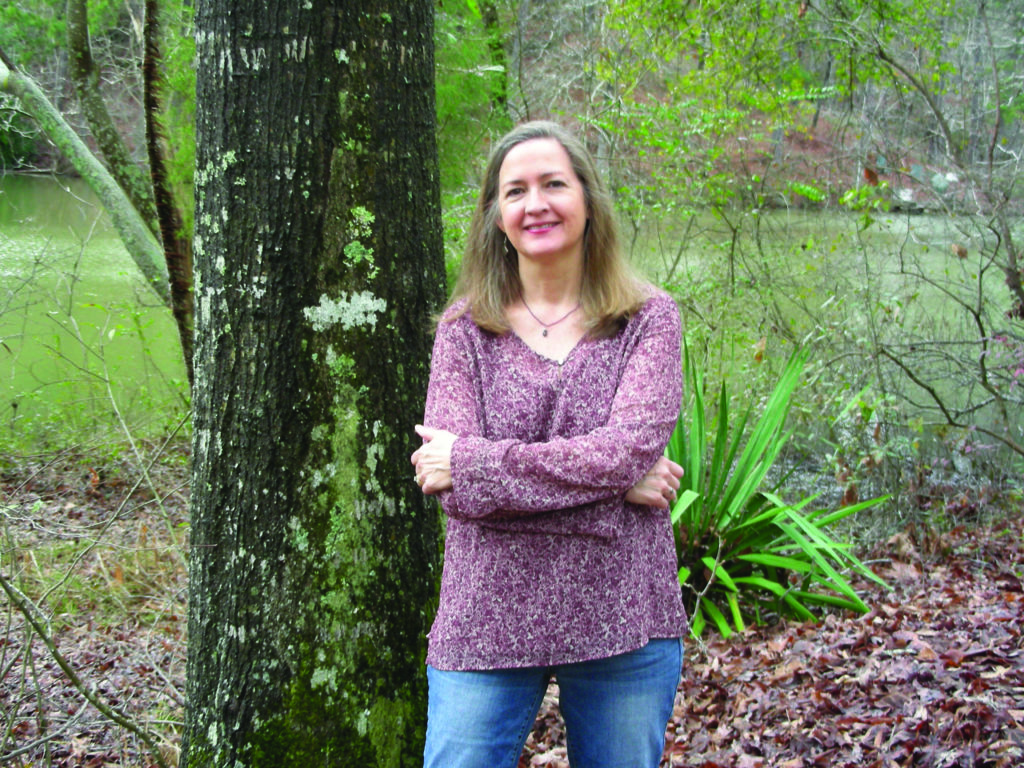
Many Americans were impressed by Amanda Gorman, national youth poet laureate who dazzled the audience at the Jan. 20 presidential inauguration. But did you know Alabama has its own Poet Laureate? She’s Jennifer Horne, the 12th person to hold the honor, named to the four-year post in 2017. The daughter of a poet and a lawyer, she grew up in a family of readers in Little Rock, Arkansas, and has lived in Alabama since 1986. She earned a bachelor’s degree from Hendrix College, and three master’s degrees from the University of Alabama. The author of three books of poetry and editor or co-editor of four anthologies, she has been a teacher, workshop leader and journal, magazine and book editor. She is married to writer, editor, and literary interviewer Don Noble (featured in Alabama Living in August 2019). Follow her on her blog, “A Map of the World” at jennifer-horne.blogspot.com; on Facebook, where she reads works by Alabama poets every Wednesday; and on Twitter at @ALPoetLaureate. – Lenore Vickrey
When did you first start writing poetry? Do you still have some of your early work?
With a mother who wrote poetry and read poems for children to us, I was encouraged early to try writing. I loved writing poems from the time I could read and write and found it exciting to be able to express emotions and convey images through language that was different from ordinary speech. I do still have a notebook that I wrote my early poems in and a poster I painted to go with a poem on “Art” entered in a contest sponsored by the Arkansas Poets’ Roundtable, which my mother belonged to and which had annual contests for both adults and children.
Why is it important for a state to have an officially designated Poet Laureate?
I believe that people need art—poetry, stories, theater, music, dance, painting and other visual arts—as much as they need those basics of food, shelter, and clothing, along with human connection. It’s a different kind of need, but no less strong. One of my favorite poems, taught to me by my mother, who was taught it as a child by her older sister, is:
“If thou of fortune be bereft / And in thy store there be but left / Two loaves, sell one, and with the dole / Buy hyacinths to feed the soul.”
Having a poet laureate—and for that matter a state Arts Council and a state Humanities Alliance—is a way for a culture to recognize the importance of the arts in our lives, and to affirm that literature helps us understand what it means to be human, in all our complexity, to understand ourselves and one another better, and to live more fully and empathetically as a result. As poet laureate, I’ve tried to be a “public face” for that affirmation.
What did it mean to you to see Amanda Gorman, the national youth poet laureate, speak at the inauguration?
Like so many other Americans, I was bowled over by her presence, talent, and optimism. Her beautiful, powerful poem illustrated the possibility of poetry to bring us together and inspire us.
Tell us about your anthology Working the Dirt: An Anthology of Southern Poets.
Working the Dirt was my first book; it came out in 2003 and was published by NewSouth Books, which has kept the book in print and continued to support it. I enjoy gardening, and as we know I love poetry, and the idea just came to me one day that a book of garden poetry might be something people would enjoy. A conversation with Randall Williams of NewSouth came at just the right time; at a conference dinner, he asked what I was working on, and when I told him he suggested I consider poems to do with farming as well. That sent me to a much deeper level with the book, drawing the connections between the South’s rural and agricultural history and the desire of so many people now to have a garden, whether it’s ornamental or a kitchen garden in the sideyard.
Who is your favorite poet, and what is your favorite work of that poet?
It is so hard to say that one poet is your favorite, because you go to different poets for different things and in different moods. In college and graduate school, I studied both American and British poetry, and I’ve also tried to educate myself about poets from other countries, especially Ireland and Russia. In the past three years I’ve read almost exclusively books of poems by Alabama poets—and there are a wealth of such books!—so that I can better represent and advocate for poets within our state borders.
I tend to love individual poems as much as individual poets. I’ve memorized Millay’s “Recuerdo,” Seamus Heaney’s “Digging,” Theodore Roethke’s “The Waking,” Yeats’ “The Lake Isle of Innisfree,” and a lovely little poem by Emily Dickinson, “To make a prairie it takes a clover, and one bee. / One clover, and a bee. / And reverie. / The reverie alone will do, / If bees are few.” That poem speaks volumes to me about the power of the imagination.
What three poets, living or dead, would you like to have over for tea/coffee?
As someone who’s long been interested in women’s voices and women’s rights, I’d love to have three women from different time periods sit down and talk about their lives and their poetry. Here’s one possible trio: from classical times, the Greek poet Sappho (sixth century B.C.), from early American literature, Anne Bradstreet (1612-1672), and from the 20th century, the Russian poet Anna Akhmatova (1889-1966). How did they see their work? Where did they stand in relation to male poets of their time? What would they have to say to 21st century women?

